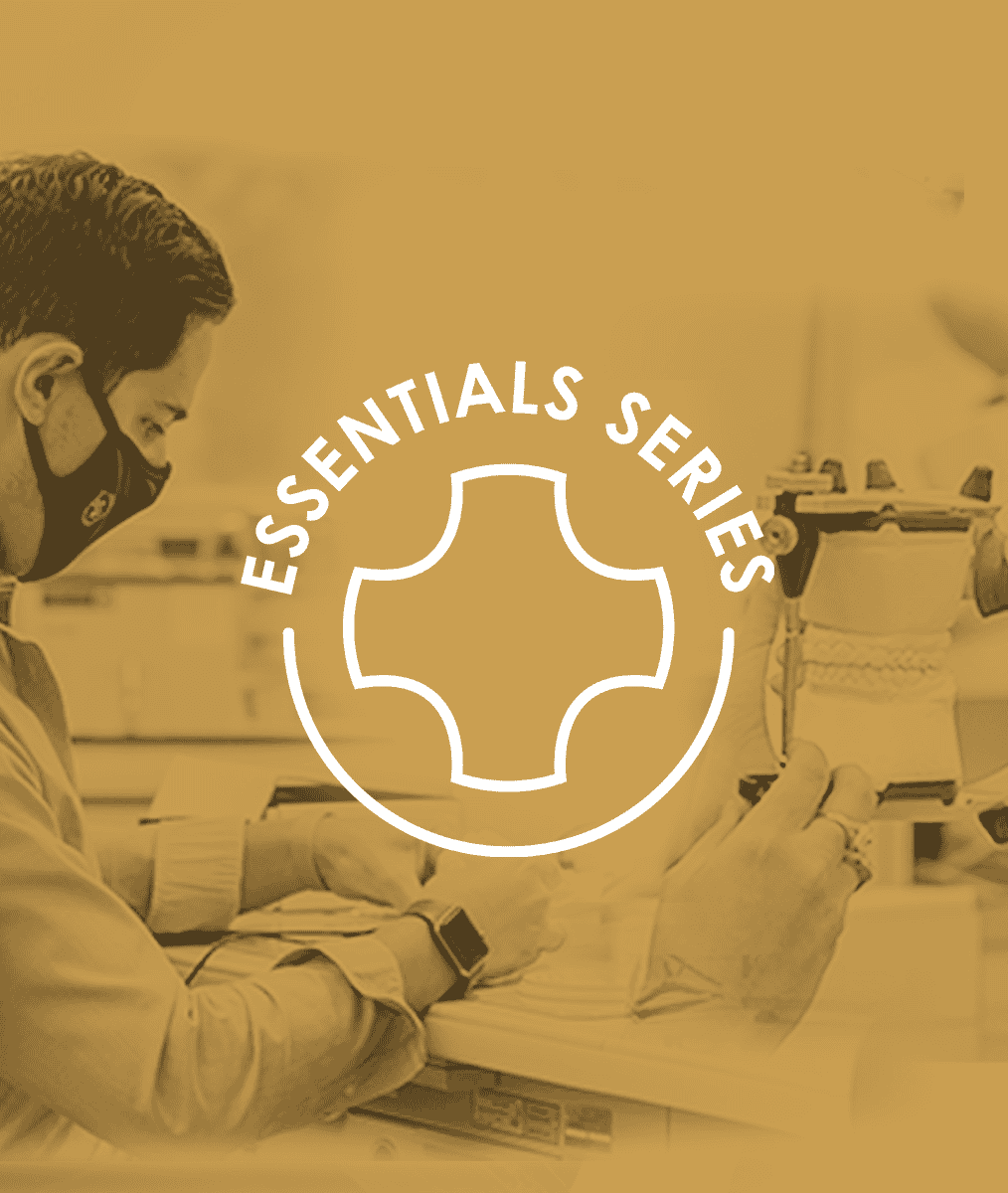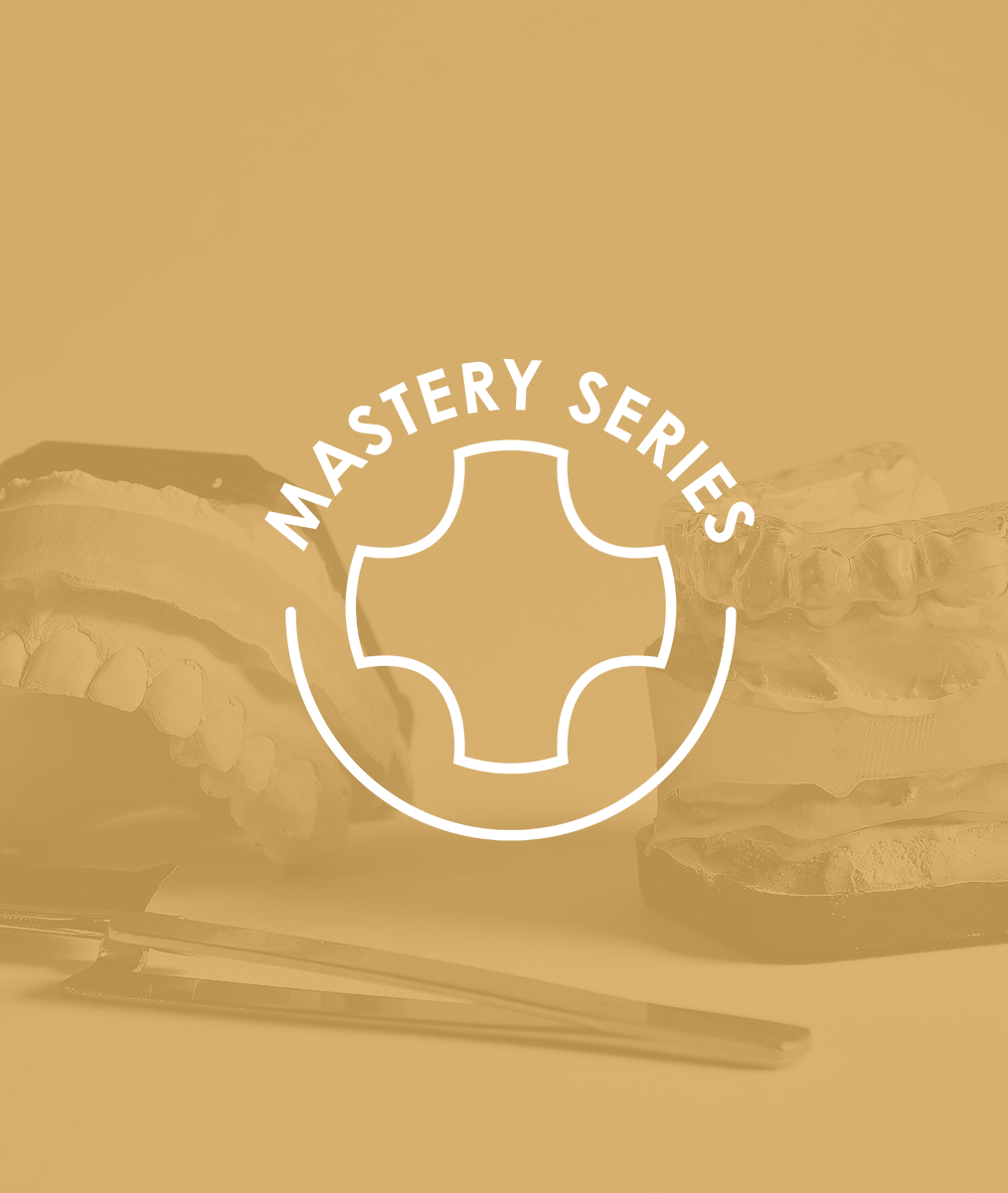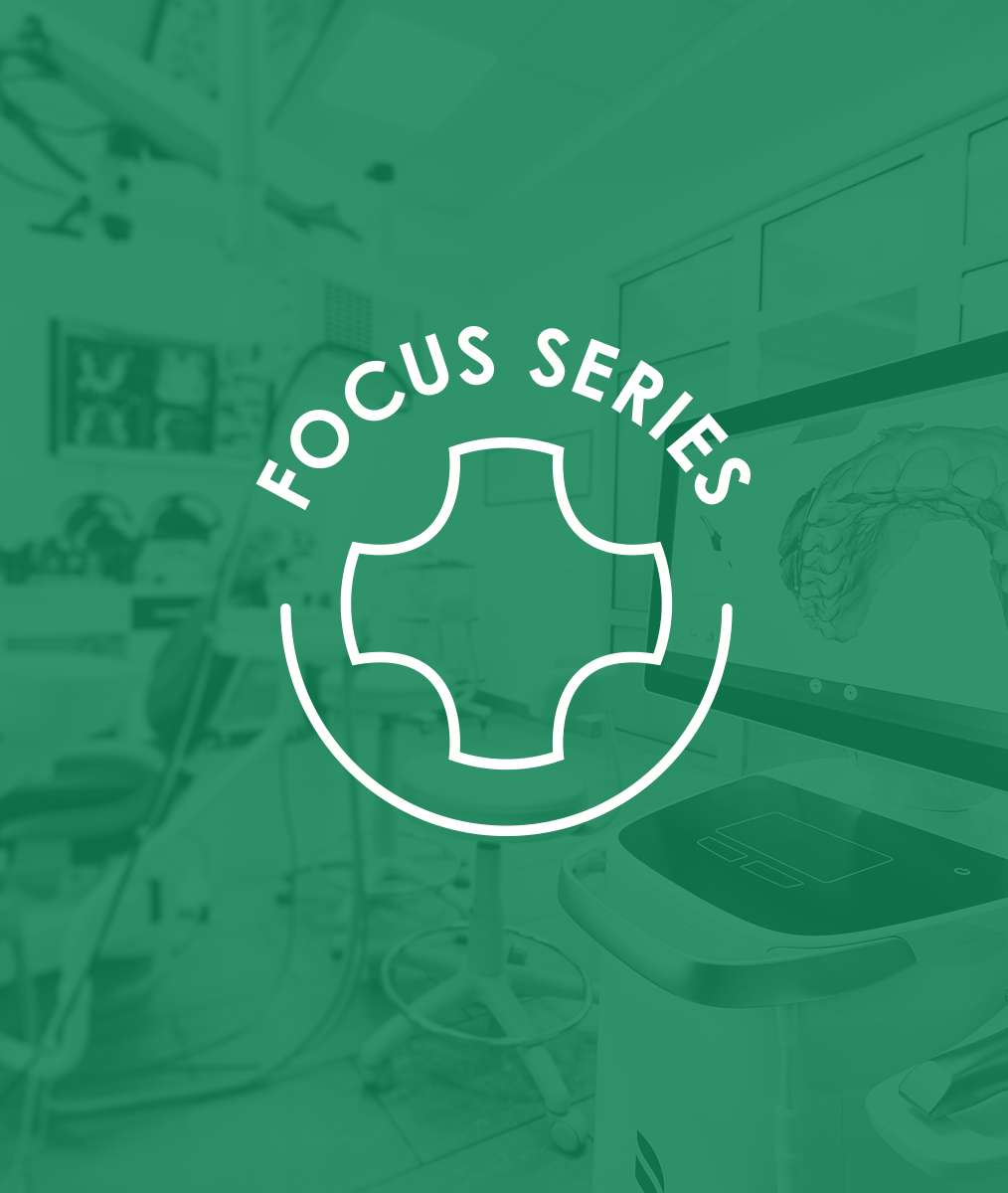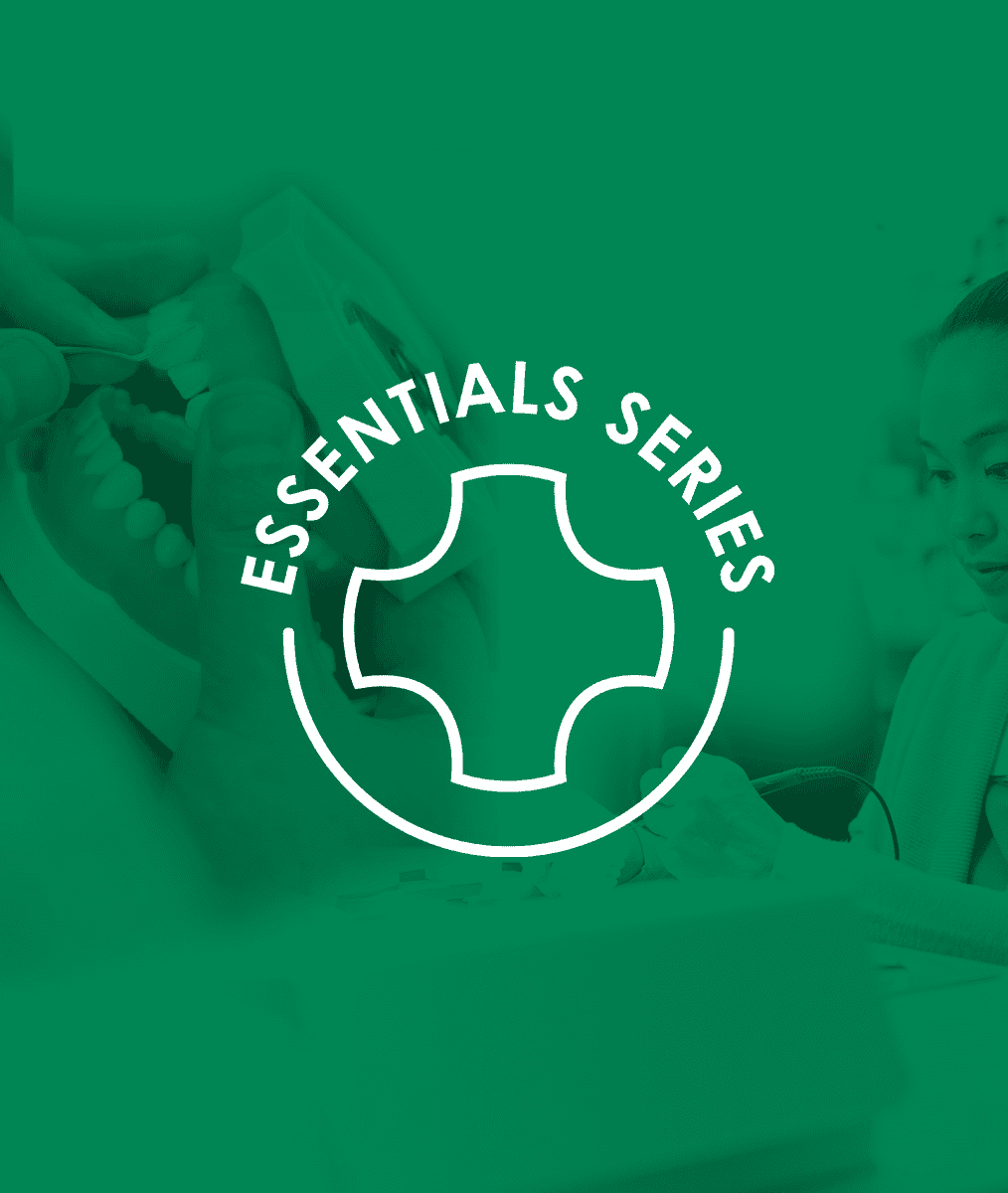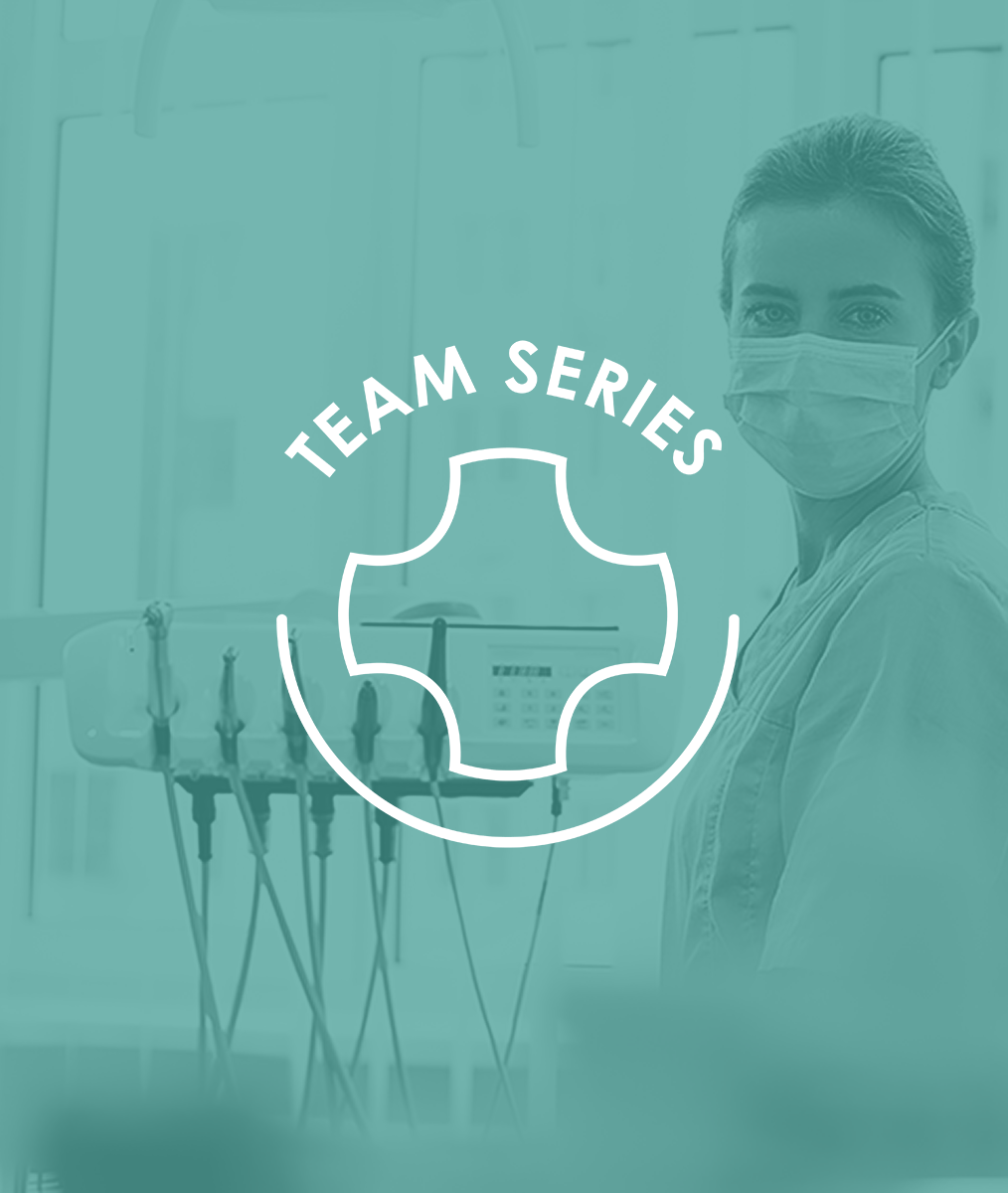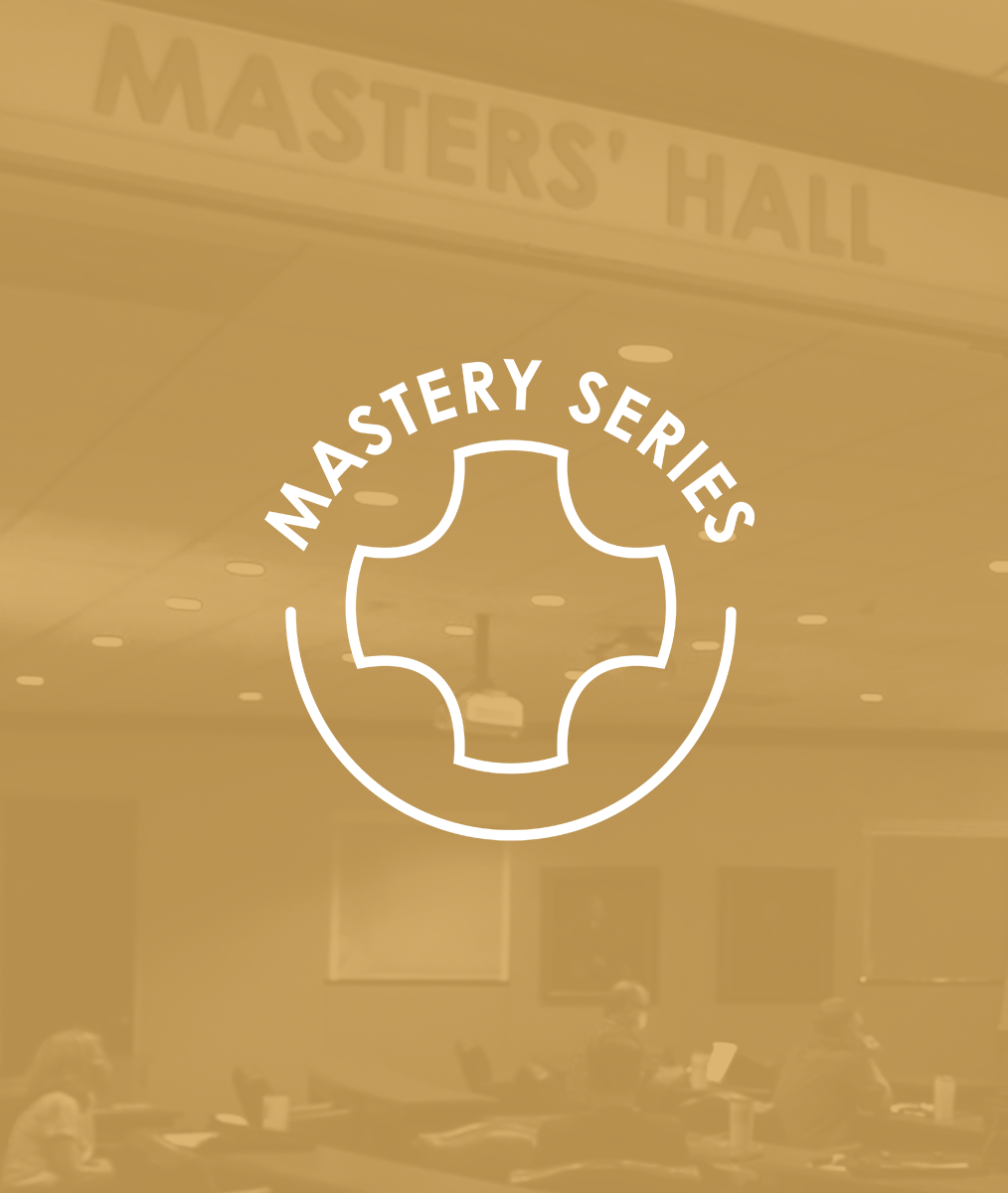Bringing Your Efficiency
Being efficient with your time increases profitability.
Life is busy and everyone is trying to find a better balance between work and time off. If you could produce the same amount of dentistry in three days as you did in four, how would your team react?
Efficiency is a mindset and can become part of your practice culture. Producing more in less time does not mean running around like chickens or being hasty with patients. We can learn the art of using time better for our patients. Focusing on the conversation rather then multi-tasking is one example. Being prepared is the Boy Scout motto and fits perfectly here. Most patients would prefer fewer visits to your office.
Being prepared for any possibility allows your team to feel confident.
Having enough tray set-ups for any opportunity that presents itself is a start towards efficiency. Having a team completely cross-trained allows the team members to shine by being prepared and results in greater efficiency.
More time is created when the practice culture is to offer a complete exam on patients. When there is a comprehensive plan, this moves a practice beyond patching and emergency care. There is a reason why patients come to you, and most want to know you have a plan for them. Along with this, at the end of every appointment, team members need to ask the doctor, “Is there anything else we can do at the next appointment?” It is a signal to the doctor to maximize every appointment.
Combining treatments can be a measure of efficiency.
Always combine crown prep and endo, or any other treatment. If there are fillings and a crown, do the fillings first as you will complete the crown prep in the allotted time. This works well with CAD/CAM as there is downtime available during milling and baking time.
In Hygiene, collect the fee at the time of service. “Yikes,” say the hygienists, “We’ve never done that before.” Patients love it, and once the hygienists do it, they like the connection, too. This eliminates the line at the front desk and allows more concentration on phone conversations.
Follow Nordstrom and Apple examples. Clinically, encourage hygienists to do full mouth debridement at one appointment. It saves the patient time, and the result is a healthier mouth.
Become completely paperless.
Operating two systems is a waste of time. New patient forms are on your websites, and all patient records are digital. To be paperless, just start one day at a time, and don’t waste time putting people in digital who have not been in yet.
Efficiency starts over the phone by asking questions to eliminate the 30-minute “look-see” emergency appointment. With the patient records on your computer, ask, “Is this broken tooth one the doctor had already recommended for a crown?” From the records, ask if there are any other previously diagnosed teeth in the same quadrant needing treatment. Ask, “Would you like to have all three of these taken care of at the same time? I can make arrangements for that.”
The team is accountable for an efficient schedule.
Phone training is a big part of making days efficient and profitable. You can save a lot of time for the doctor and patient, practicing phone scripts for different scenarios that occur in your office on a regular basis.
Timing your procedures is a great way to evaluate your efficiency. We can learn great lessons from efficient assistants. We call this “Ruth’s Rule” as a tribute to one of those fine assistants: Use one bur or instrument, do what you need to do, and then move on. That bur does not appear again for that patient.
Efficient scheduling in blocks has a profound effect on efficiency and profit.
For example, booking alike procedures at the same time eliminates the team having to shift gears both mentally and physically. Blocks of two hours with a production goal forces the team to focus on better scheduling.
For example, if your goal for each two-hour block is $3k, don’t schedule “look-see” appointments during this time. When you produce $6k in the morning, you are on track to efficiency and more time away from the office to rejuvenate.
Drs. Blatchford are America’s leading dental business coaches. Their book, Bringing Your ‘A’ Game 2.0 is now available at Blatchford.com (888) 977-4600. Blatchford Coaching results in less patient contact days, greater net, more focus on what is important to you.
Related Course
E1: Aesthetic & Functional Treatment Planning
DATE: August 21 2025 @ 8:00 am - August 24 2025 @ 2:30 pmLocation: The Pankey Institute
CE HOURS: 39
Dentist Tuition: $ 6800
Single Occupancy with Ensuite Private Bath (Per Night): $ 345
Transform your experience of practicing dentistry, increase predictability, profitability and fulfillment. The Essentials Series is the Key, and Aesthetic and Functional Treatment Planning is where your journey begins. Following a system of…
Learn More>









